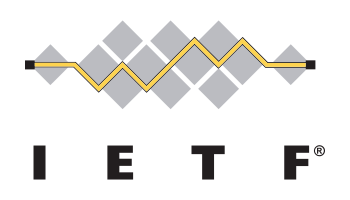Back 1n 1986, the Congress passed and President Reagan signed the Electronic Communication Privacy Act (ECPA), which set the rules under which the government could get copies of a relatively new-fangled medium called electronic mail. While it was a forward looking law for the 1980s, it's gotten pretty creaky. In a rare bipartisan move, Sen. Pat Leahy (D-VT) and Mike Lee (R-UT) have introduced a bill to update it. The bill is surprisingly good.
In 1986 disks were small and expensive, so when people got e-mail, they retrieved it from the mail system and saved it on their own disk or printed it if it was important, or deleted it if not. Under the ECPA, the government needs a warrant approved by a court to get copies of mail less than 180 days old, but only needs a subpoena (a much lower bar) for mail older than that, under the presumption that anything that old still in the mail system is abandoned. These days, of course, people routinely keep their mail at Hotmail, Gmail, and other mail systems indefnitely. The new bill removes the 180 day exception, and always requires a warrant.
Normally, the subscriber has to be notified that his or her mail has been turned over to the government, but the warrant can (if the judge approves) delay notice. The notice period is increased from 90 to 180 days for law enforcement, not a particularly important change since they could and still can request repeated notification delays.
The bill slightly tightens the rules for getting information about an e-mail subscriber, which now only requires a subpoena, but will require a warrant, court order, or an existing special exception for investigations of telemarketing fraud.
While this is not a huge improvement, it is an incremental move in the right direction. Sen. Leahy is the Democratic chair of the Senate Judiciary committe, and Sen. Lee is an influential Republican member, so the chances of this bill moving forward are quite good. CAUCE supports it.

















